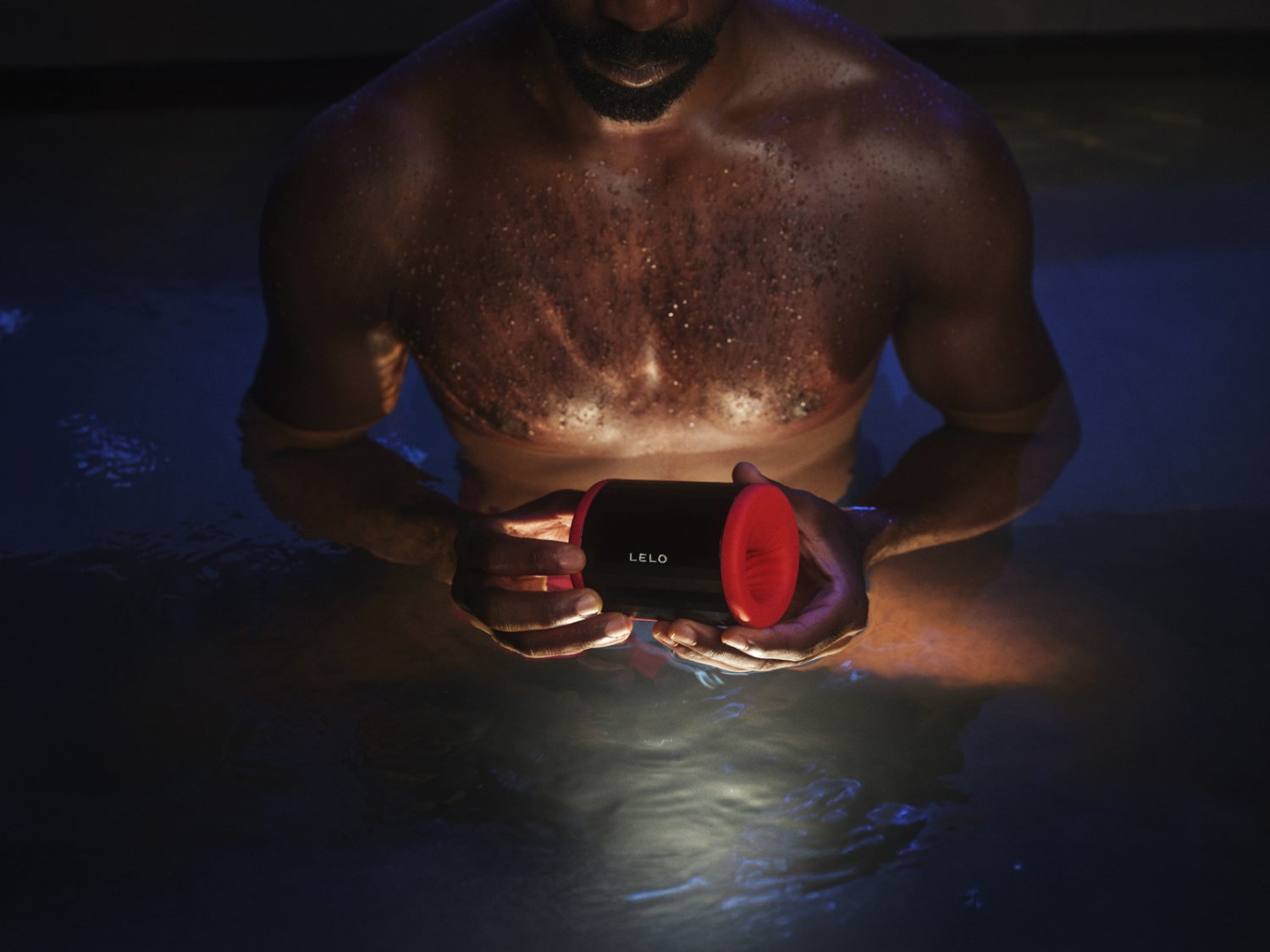You probably already know a few things that tank your sex drive. Stress, lack of sleep, certain medications like SSRI’s – all of these are common culprits. When someone asks me why they can’t get turned on, this is usually where I start.
But there are other “stealth” sex drive killers you may not know about. Here are four that get less attention, despite research studies backing their effects. Are any of these sneaky offenders dragging your drive down? Let’s find out.
1. Monotony
The latest research on sex in long-term relationships proves what many of us have suspected for decades: sexual boredom can and will create distress in a couple, and for women in particular.
In a 2023 study*, researchers found that above-average levels of sexual boredom were linked to below-average levels of partner-related desire. In lay terms, that means women in long-term relationships are not frigid or less sexual if they don’t desire sex as often as their hetero male partners. More likely than not, they’re bored, and it’s killing their arousal.
This study had a huge sample size (1500+ participants) and echoes what anthropologists have been saying for years: the idea that cisgendered men are “naturally” more sexual and promiscuous than cisgendered women is severely outdated. Today’s sexual data seems to prove just the opposite, that the female sex drive thrives on variety and novelty.
This is a great time to mention sex toys, which can be incorporated into a couple’s sex life. Not only do they help close the orgasm gap, they introduce novelty instantly – in a way that engages the oh-so-important clitoral network! For my money, a solid bullet vibe is all you need to start exploring. It’s a low-lift investment that can make a huge, positive impact on your sexual connection as a couple.
2. Gut Health
Whether it’s erectile dysfunction or difficulty getting aroused, contemporary research shows us the extraordinary link between gut health and sexual health. There’s been a growing zeitgeist around gut health for the past few years (see Netflix’s new doc Hack Your Health: The Secrets of Your Gut), but now we’ve got tons of data. Here’s what it says: the systemic issues of nutrition and food access in our culture need serious reform, and if you’re wondering why your sex drive is low, there’s a significant chance your gut is playing a role.
Gut health has all kinds of implications, from brain function, to mood, to sexual arousal. Until we’ve got widespread change, companies are stepping in to fill the gaps, which is why you’ve seen so many products touting probiotics and prebiotics lately. Among the offerings out there, I’m a big fan of the brand Just Thrive, whose probiotic is actually research-backed and based on efficacy. Not all probiotic supplements or food additives are absorbed by your body, but this one is. Your energy and sleep quality will likely be the first benefits you notice, with arousal patterns following suit.
3. Mental Load
Another concept that’s getting more media attention and research: mental load, and how it adversely affects sexual arousal.
If you listen to my podcast or read my articles, you’ve probably heard me mention how important it is to have a clean room for having sex. But that’s not just because it’s a nice idea. No, carrying outsized mental loads results in exhaustion, leaving little energy left over for sex.
Examples of mental load include:
- state of your space, like cleanliness and clutter
- remembering family members’ birthdays and planning gifts, messages or celebrations
- keeping a mental checklist of needed home or auto repairs
- coordinating home budget and finances
- performing childcare and/or coordinating childcare
No matter who performs these tasks inside of a couple, this mental load often goes unnoticed – which is why we don’t link it with lower sex drive. Surprise! It’s absolutely a factor, and when the load is spread equally inside a relationship, there’s more overall energy for sex and eroticism.
4. Red Meat
Despite the old stereotype that “manly men” eat steak, the saturated fat inside red meat is now shown to contribute to erectile dysfunction. Here’s why.
Getting an erection is all about healthy blood flow. But when arteries and veins are lined with saturated fat deposits from red meat, blood can’t circulate as freely. Blood flows into the penis through the arteries, and stays inside when veins squeeze shut to “trap” it in. Saturated fat deposits adversely affect both of these functions: blood can’t flow as freely through arteries in the penis, and veins can’t squeeze as hard to keep it in. (If you’re dealing with this issue right now by the way, might I suggest a penis ring? It does the squeezing for you, to keep blood trapped inside and keep your penis hard.)
If you’re looking for a reason to incorporate more plants into your diet, erectile response often improves when red meat intake is reduced. And by the way, this goes for those with a vulva too! Despite the fact that we only see a small part of it, the clitoral organ is quite large and tucked inside the body. It too relies on healthy blood flow to get sufficiently aroused, so reducing red meat intake can also help people with this set of genitals.
Do any of these stealth sex drive killers ring a bell? Do you want to tackle any? Come find me on Instagram at @sexwithemily and let’s talk about it!
To get more tips just like these, sign up for my weekly newsletter and get useful sex ed on the regular.
*2023 Study the University of Porto in Portugal, The Journal of Sexual Medicine










